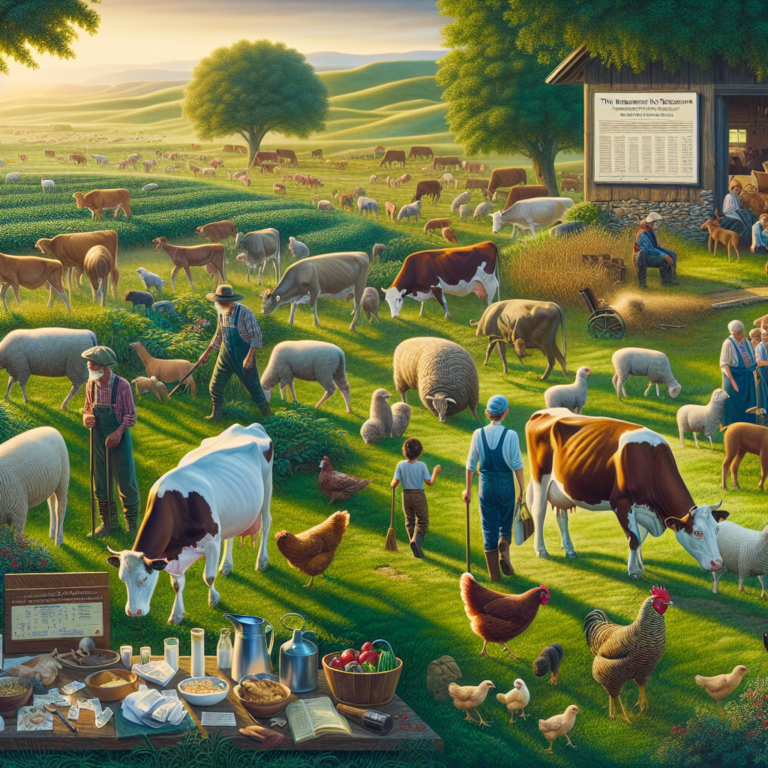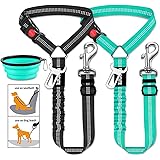Livestock welfare is a topic that is often overlooked but is crucial for the well-being of animals and the sustainability of the agriculture industry. Livestock refers to animals raised for various purposes such as food, fiber, and work. Ensuring their welfare not only benefits the animals themselves but also has a significant impact on the quality of the products derived from them, as well as the overall reputation of the industry.
There are several reasons why livestock welfare is important. Firstly, animals have the capacity to experience pain, suffering, and distress, just like humans. It is our moral responsibility to treat them with compassion and to ensure that their physical and emotional well-being is not compromised. Ensuring good welfare practices can help to prevent the physical and psychological suffering of animals, leading to improved health and productivity.
Secondly, livestock welfare is closely linked to food safety and quality. Stressed or mistreated animals are more prone to diseases and injuries, which can impact the safety and quality of the products derived from them. Proper management practices, such as providing adequate nutrition, water, housing, and veterinary care, can help to minimize the risk of disease transmission and ensure the production of safe and high-quality food products.
Furthermore, livestock welfare is essential for maintaining consumer trust and confidence in the agriculture industry. Consumers are becoming increasingly concerned about the welfare of animals raised for food, and they are more likely to support businesses that prioritize animal welfare. By demonstrating a commitment to livestock welfare, producers can differentiate themselves in the market, attract more customers, and build a positive reputation for their products.
In addition, livestock welfare is also important from an economic perspective. Healthy and well-cared-for animals are more productive and efficient, leading to higher yields and profits for producers. Furthermore, investing in livestock welfare can help to reduce the risk of costly veterinary treatments and losses due to animal illness or injury.
To ensure the welfare of livestock, producers should adhere to industry standards and best practices, as well as follow regulations and guidelines set forth by government authorities. Regular monitoring, assessment, and improvement of welfare practices are essential to ensure that animals are treated humanely and ethically throughout their lives.
In conclusion, livestock welfare is a critical aspect of sustainable agriculture that cannot be overlooked. By prioritizing the well-being of animals, producers can improve the quality and safety of their products, enhance consumer trust, and ensure the long-term viability of their operations. It is essential for all stakeholders in the agriculture industry to recognize the importance of livestock welfare and work together to promote and uphold high standards of animal care.










